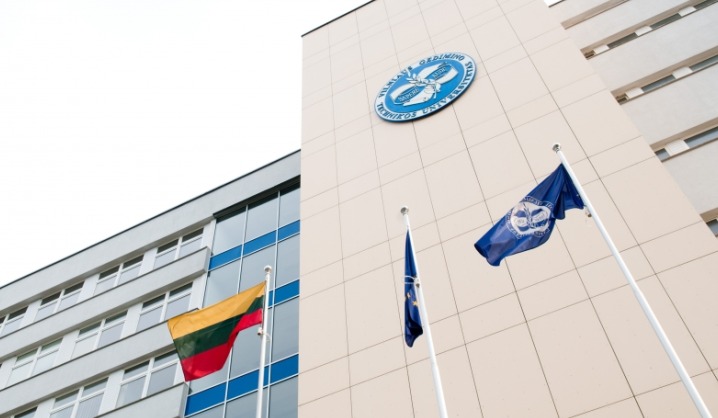Home
For international students
The conclusions on the external institutional review of VGTU were published
- Programmes in English 2025/2026
- Admission 2024/2025 Scholarships
- For exchange students
- Free Movers
- Transfer studies
- Erasmus+ studies and traineeships
- Mentor programme
- Student testimonials
- Accommodation
- Career Services
- Medical Care
- Immigration Regulations
- Leisure and Student Activities
- Useful information
- VILNIUS TECH for Creators of Tomorrow
- Mental and spiritual support
- Representatives Abroad
- Contacts
- Computer Engineering

2014-04-23
The conclusions on the external institutional review of VGTU were published
The conclusions on the external institutional review of Vilnius Gediminas Technical University (VGTU) were published last week. Four aspects were assessed by the experts – strategic planning and management, academic studies and life-long learning, research and art activities and impact on national and region development. All four activities were positively assessed.
The conclusions are published on the VGTU intranet.
Centre for Quality Assessment in Higher Education organised the review of VGTU activities, based on Procedure for the External Review of Higher Education Institutions, approved by the Government of the Republic of Lithuania. The University submitted the Self-Assessment Summary, comprising seventy pages and sixteen appendices. On December 3-5, 2013 the external experts’ group visited VGTU and met the representatives of different subdivisions, students, graduates and social partners.
The conclusions are published on the VGTU intranet.
Centre for Quality Assessment in Higher Education organised the review of VGTU activities, based on Procedure for the External Review of Higher Education Institutions, approved by the Government of the Republic of Lithuania. The University submitted the Self-Assessment Summary, comprising seventy pages and sixteen appendices. On December 3-5, 2013 the external experts’ group visited VGTU and met the representatives of different subdivisions, students, graduates and social partners.











